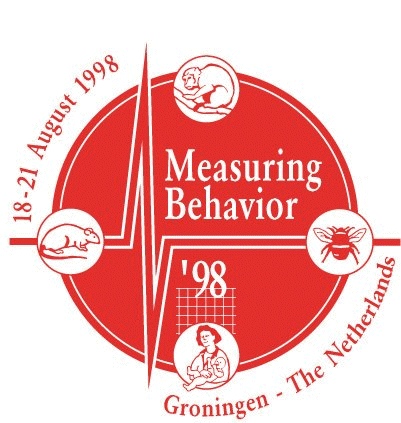Animal alternatives in teaching and research
A. Scheurink, J.M. Koolhaas and N.W. Meijer
Department of Animal Physiology, University of Groningen, Haren, The Netherlands
The concept of alternatives includes not only replacement, but also reduction and refinement of the current practice in animal experimentation. Despite the fact that legislation requires the consideration of alternatives for use of animals in teaching and research, the implementation of existing alternatives is often seriously hampered. This seems to be due to two important factors. First, many alternatives do not properly fulfill the educational and research objectives. Secondly, both teachers and researchers often do not have a positive attitude towards alternatives. With these two factors in mind, the Department of Animal Physiology has been working on the introduction and use of alternatives for many years. One example of our approach, which strongly contributes to attitude building, will be presented.
In the curriculum of biomedical students, we make a careful transition from replacement in the first and second year towards refinement and reduction in the later phases of specialization. Replacement of animal experiments during practical courses is achieved by using computer-assisted interactive video disc programs. We currently have teaching programs on heart physiology, muscle physiology, blood-pressure regulation and embryology. The basic principle of these programs is the true replacement of experiments. This means that the student has to select the proper research question and the accompanying experimental design. The student is then faced with the fact that surgery has to be performed before the experiment, anesthesia, recovery, the condition of the animal before the experiment starts, etc. Moreover, after the particular experiment is shown on the computer screen, the student has to analyze the recordings himself and feed the results and conclusions into the computer before he can continue with the next question. Questionnaires on the efficacy of such alternatives show that they fulfill most of the educational objectives as adequately as a live experiment.
However, interactive video programs are insufficient to replace practice skills and hands-on experience with living animals. These skills become increasingly important for those students who want to specialize as biomedical researcher. These students should also become familiar with the possibilities for reduction and refinement. One of our ways to achieve these objectives is by using radiotelemetry techniques allowing continuous recording of heart rate, blood pressure, body temperature and activity in freely moving rats for a period of half a year. The use of this refined technique allows not only practical experience with animal experimentation on certain physiological principles with a limited number of animals, but gives the student at the same time direct insight into the stress-physiological consequences of his actions. Such a gradual build-up from replacement to refinement in the course of the specialization of biomedical research students should form the basis of a new generation of researchers with a proper attitude towards alternatives.

Paper presented at Measuring Behavior '98, 2nd International Conference on Methods and Techniques in Behavioral Research, 18-21 August 1998, Groningen, The Netherlands